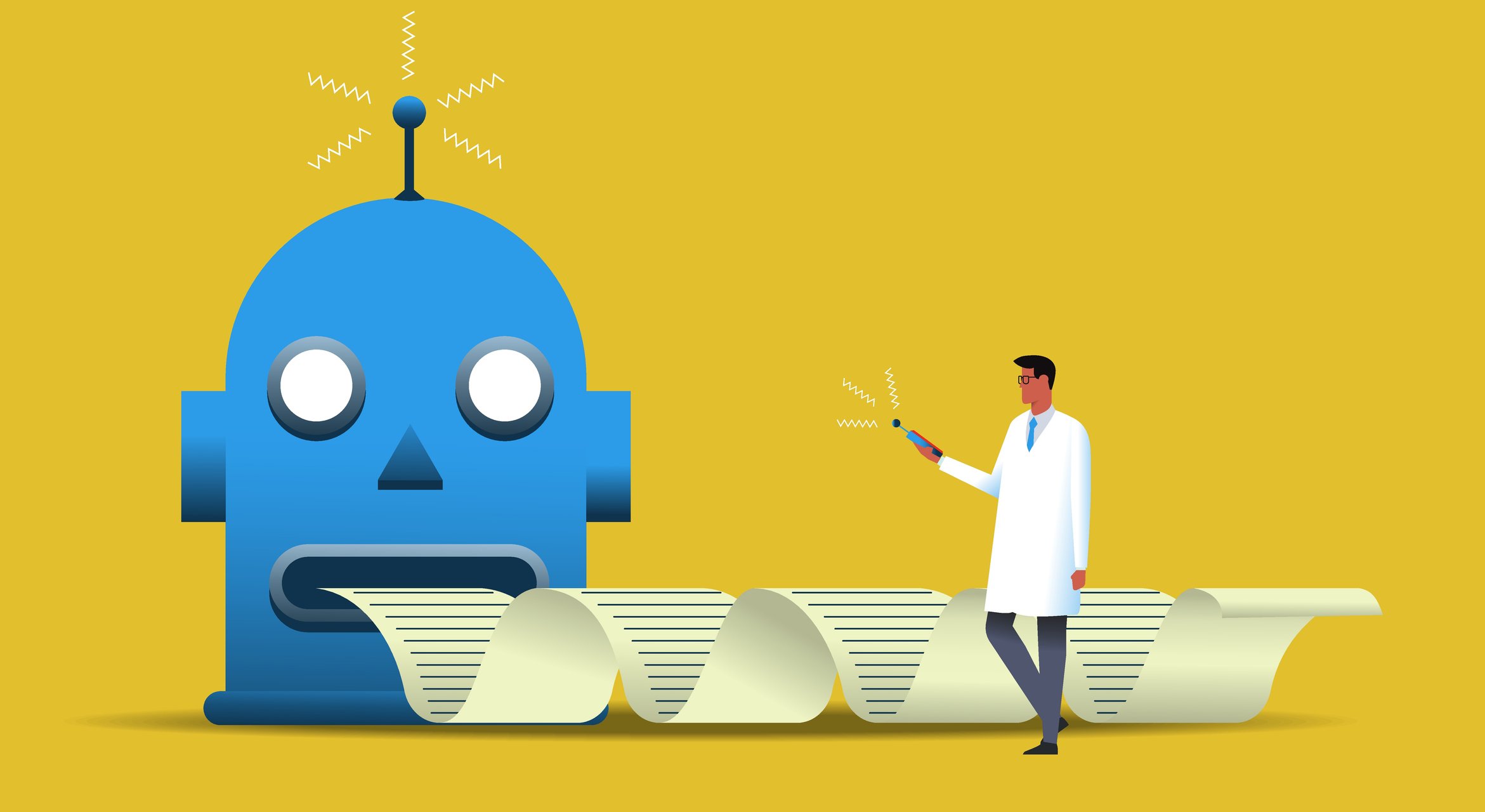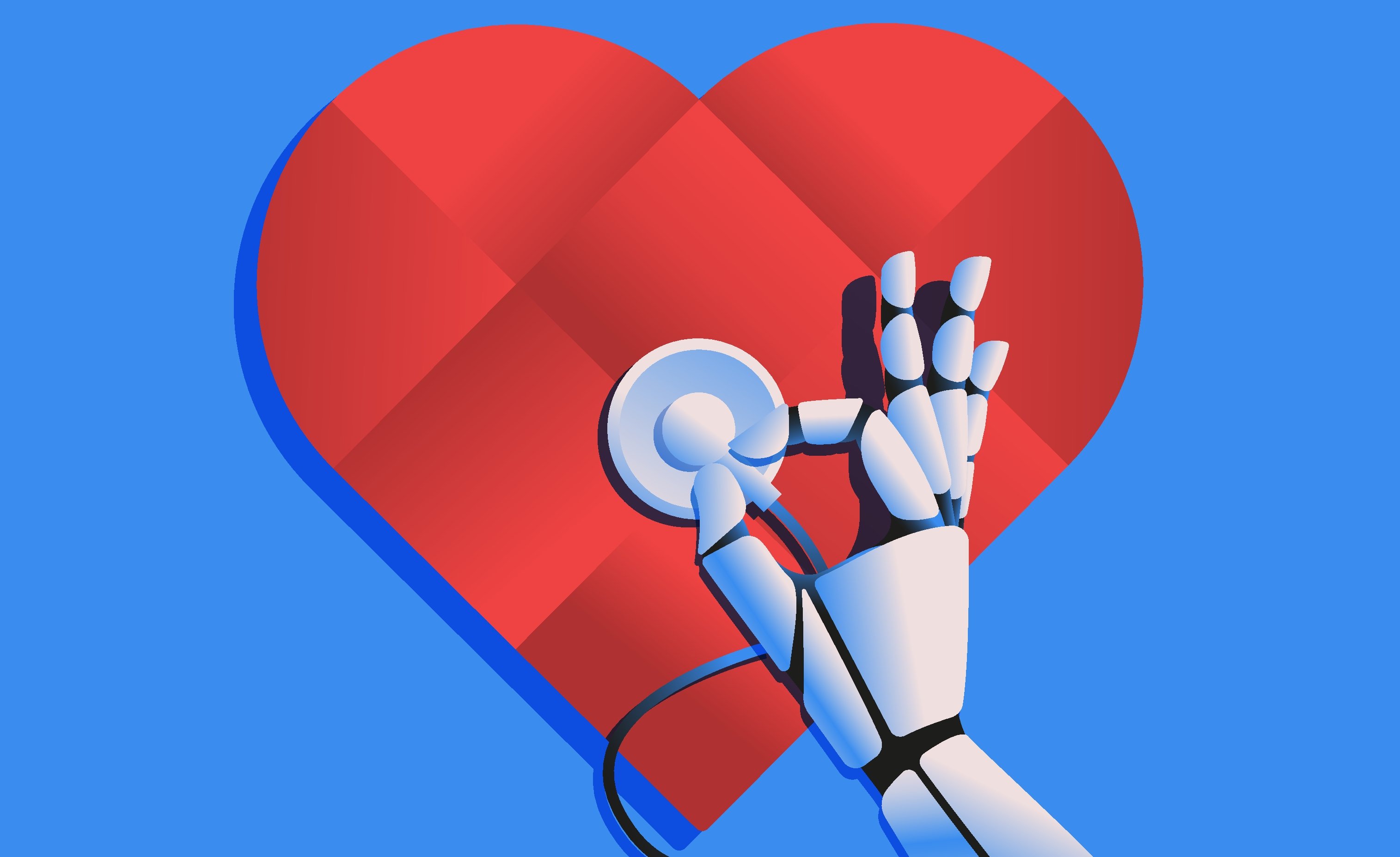The Recent Pitfalls of AI in Biotech Recruitment
life sciences

life sciences
The biotech sector is a hub of innovation and development, with a constant need for skilled individuals to drive its progress. With the industry expected to increase to USD 1.79 Trillion by 2033, many biotech firms are scouring resumes to find top talent at a faster rate than ever before. This heightened workforce demand, and new advancements in machine intelligence, has led many internal recruitment teams to integrate Artificial Intelligence (AI) in order to expedite their hiring processes.
However, the recruitment process has encountered several challenges through the incorporation of this new technology. While AI promises efficiency and the ability to process vast amounts of data, its application in biotech recruitment has not come without pitfalls, characteristic of any emerging tech.
Read on to discover our list of the most notorious challenges seen with AI in biotech recruitment.
Stay until the end to explore our solutions.
AI's capability to streamline the recruitment process is commendable, yet it has been struggling to navigate the nuances of highly specialized biotech roles. AI systems are designed to match keywords from job descriptions with candidates' resumes. However, the intricacy of positions in the life sciences sector means that keyword matching is insufficient to gauge a candidate's suitability, potentially leading to the oversight of ideal applicants.
Moreover, if the system captures one keyword and flags a resume as a good profile, recruiters may be inundated with reviews of numerous profiles that do not actually fit the role but merely contain a few selected keywords.

DEI in recruitment
Despite the notion that AI eliminates human bias, the reality is that AI algorithms are only as unbiased as the data they are trained on. If the training data contains historical biases, AI can inadvertently perpetuate them, affecting diversity in the workplace.
A prominent example was set by Amazon in 2018, when it had to eliminate its AI recruitment tool due to its algorithmic biases against women.
In an innovative space such as biotech, opening the door to biases hinders productivity and growth of the sector as a whole. These biases prevent the dire need for team diversity that can lead to the underrepresentation of marginalized groups in the life science community. These can also limit the range of perspectives and ideas that are brought to the table.
Some biotech companies have become overly reliant on automated systems for recruitment. This can result in a depersonalized hiring experience. Candidates working in biotech often seek environments where their individual contributions are recognized and valued. An AI-driven process that lacks a personal touch may filter out talented individuals due to automation gaps, leading to a loss of human assets for the company.

...the success of AI in biotech industry recruitment hinges on its ability to complement, rather than replace, human judgment.
Brunel's human-first approach
As with data processing seen in all recruitment, the biotech industry handles sensitive candidate information when hiring. The involvement of AI in recruitment processes raises data security and privacy concerns.
Candidates are required to share personal information during the application process, and they expect this data to be handled with confidentiality. AI systems that are vulnerable to breaches can jeopardize both candidate trust and company reputation.
To mitigate pitfalls, biotech companies must approach AI recruitment with caution. While there is a need to fill roles quickly as the industry grows, it's crucial to ensure that AI tools aren't doing more harm than good. Well-calibrated machine learning systems, capable of understanding the complexity of life science recruitment, and trained on unbiased, diverse datasets will be key to keeping AI part of the biotech recruitment process. Without the human element, however, recruitment cannot be productive, at least not in 2024.
Ultimately, the success of AI in biotech industry recruitment hinges on its ability to complement, rather than replace, human judgment. Recruiters with deep industry knowledge and an empathetic understanding of candidates can leverage AI as a tool to enhance decision-making, not dictate it.
On the other hand, candidates looking for biotech roles can use AI to polish their resume and find areas of refinement.
If efficiency is the key to ramping up hiring for expected growth, biotech firms should also consider handing their recruitment functions to a specialized agency. Life science recruitment agencies, like Brunel, are trained to handle quick industry growth and have the services, human networks, and technology needed to help companies succeed.
Some benefits of leveraging a recruitment agency include:
Recruitment agencies provide a human touch that AI systems lack. Because of their experience, recruitment teams can understand specific company needs and the nuances of specialized biotech roles better than AI. They can also provide DEI consultancy to ensure companies stay diverse and inclusive.
Recruitment agencies often have industry experts who can identify top talent, assess cultural fit, and understand the unique requirements of biotech roles.
Recruitment agencies have access to recruitment tools that may not be accessible to smaller internal teams. These tools are tried, and their success is connected to the success of the recruitment agency, so you can rest easy knowing that they have been tested for pitfalls like those of AI.
Agencies can offer a personalized approach to recruitment, tailoring their services to the specific needs of the biotech company and ensuring a more effective hiring process. Conversely, they can also tailor their recruitment approach when it comes to interacting with candidates. Building relationships with all parties is key to recruitment success.
Recruitment agencies are equipped to handle sensitive candidate information with confidentiality, addressing data security and privacy concerns that may arise with AI recruitment systems.
Efficiency in hiring can be achieved through recruitment agency talent connections. Beyond technology, specialized biotech recruiters have vast pools of tried and tested candidates ready to be placed. This approach saves companies valuable time and resources, as these candidates bring proven experience and success from previous agency engagements and can easily adapt to their new biotech roles.
By partnering with a recruitment agency, biotech companies can benefit from a combination of human expertise, industry knowledge, and personalized recruitment strategies that can enhance the overall hiring process and lead to better outcomes.

While AI holds the potential to revolutionize recruitment in the biotech industry, it is important companies recognize its current limitations. By addressing these challenges head-on and improving collaboration between AI and human expertise, biotech companies can ensure that their recruitment strategies are as innovative as the industry they serve.
Brunel is a global life sciences recruitment and workforce solutions provider with a strong presence in the United States. Our track-record in the biotech space is testament to our solutions and approach. Contact our team today to learn more about our services and gain access to case studies featuring some of the most respected names in the life sciences industry.